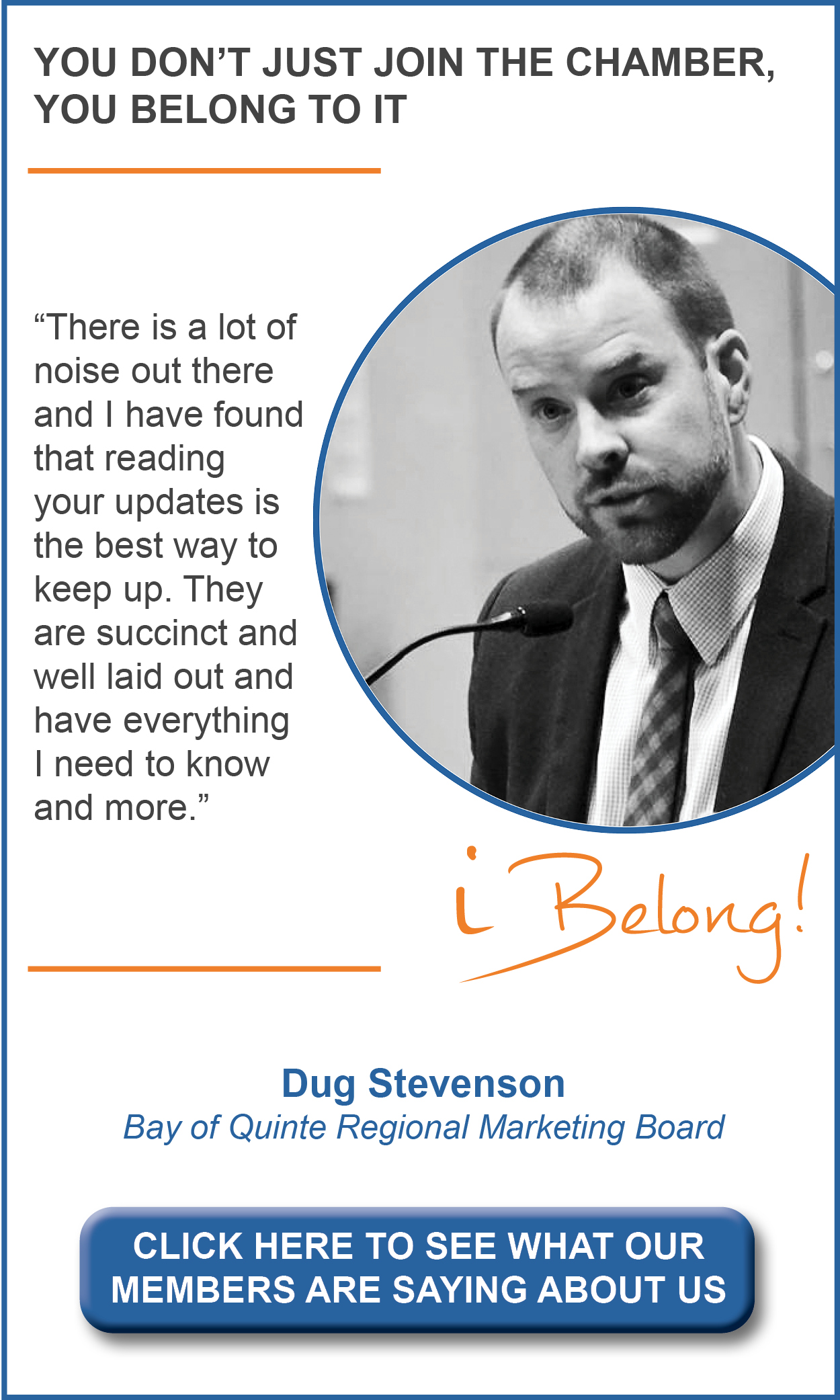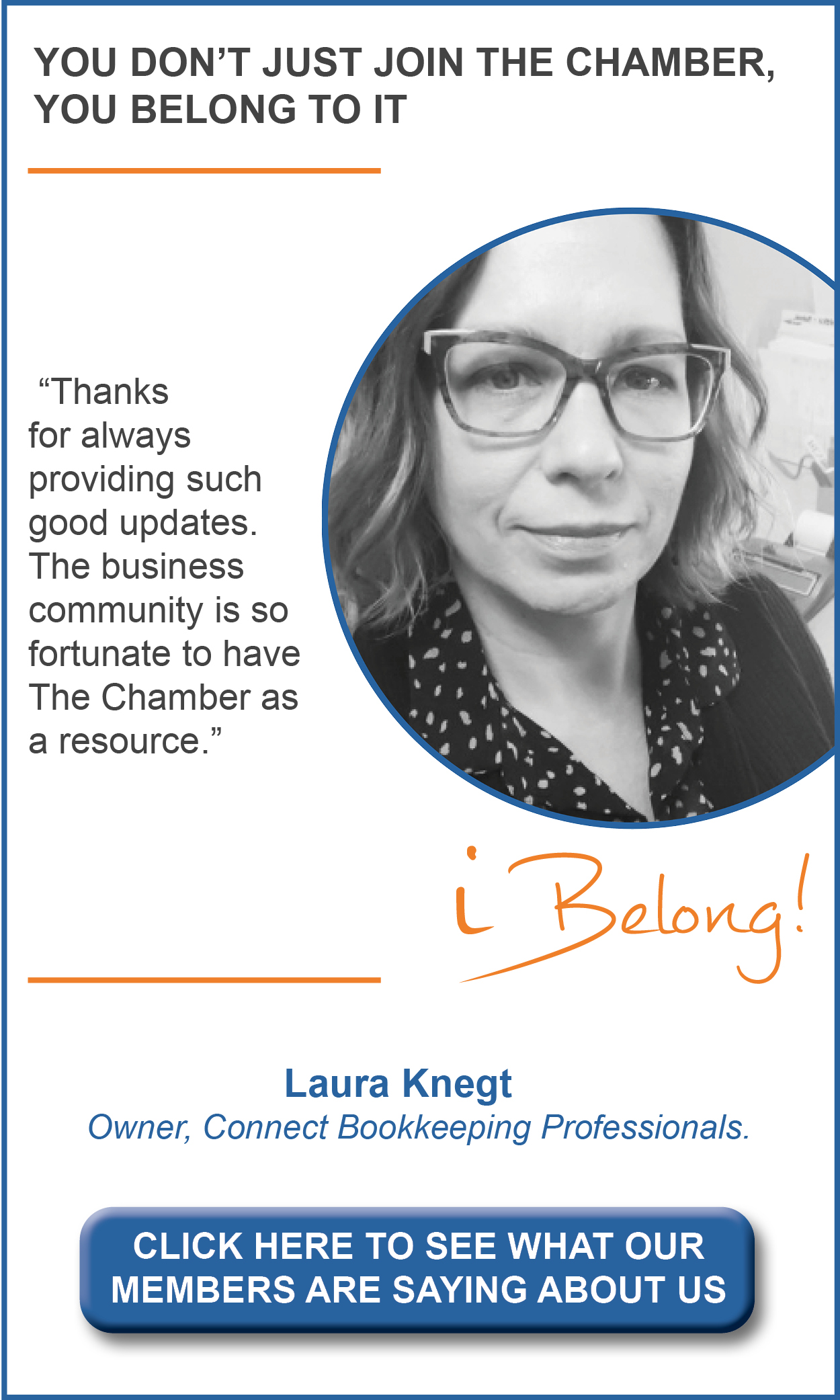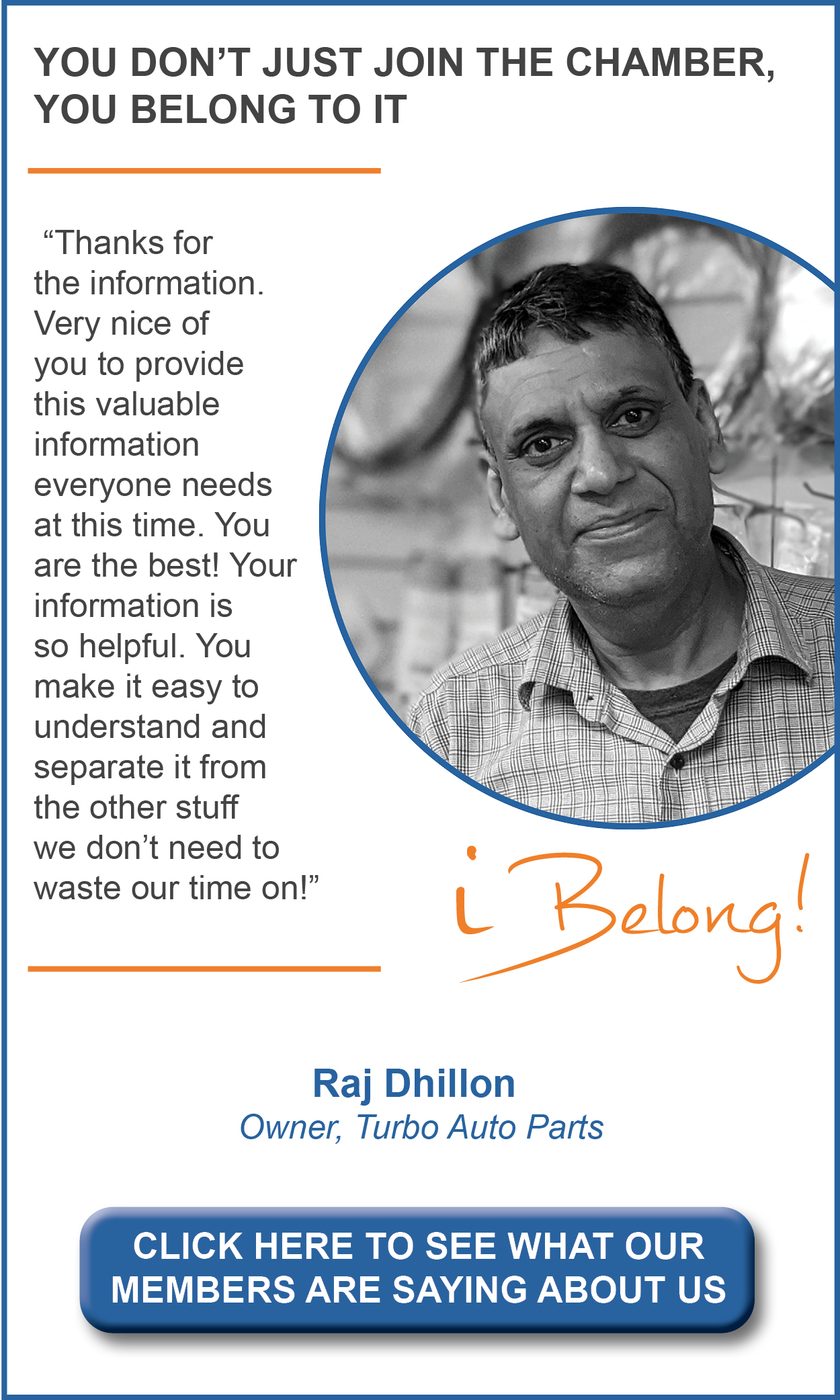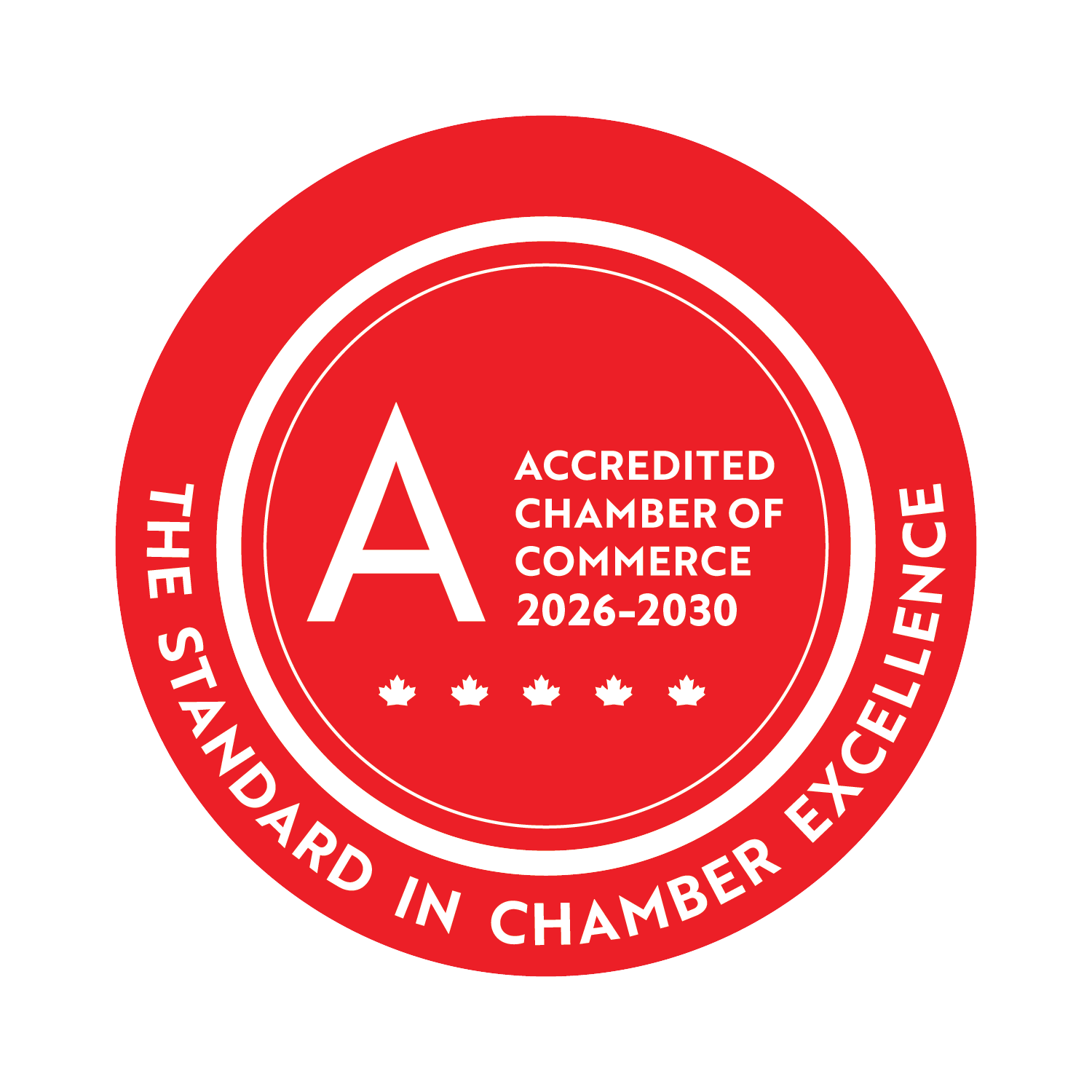As a manager, you sign up to be a people leader, which means not only setting goals and expectations for your team/department, but at times having difficult conversations. Probably one of the most difficult and embarrassing conversations you may ever have with an employee is concerning his personal hygiene and grooming habits.
It can range from being about an employee’s use of strong smelling scents (perfumes, colognes), bad breath, unkempt appearance, dirty clothing, or worst-of-all, his body odour. The result is a conversation that should be handled with great sensitivity because the problem may be a symptom of a larger one. In the worst case, an employee could be battling depression or a medical issue that causes challenges with personal hygiene. Or it can hit close to home and stem from specific ethnic practices or foods. At the end of the day, it really is not your role to play doctor or make any assumptions, but to try to be as direct and honest as possible when having the conversation to make it clear how this problem is disruptive to the work environment.
These are some recommendations:
- Do your research. Make sure you have all the information and be tactful in gathering it. An employee may become upset to be spoken to about their hygiene, so it is important that if the need arise you are able to draw from a few examples so it is clear how it is affecting the work environment.
- Set a time after hours to discuss the issue. It would be best to have a conversation like this at the end of the workday. After all, if the employee has shown up to work again exhibiting the same problem, it would be better for him to be able to go directly home after the conversation and see tomorrow as a “fresh” start.
- Accentuate the positive. You may want to begin the conversation by indicating how he is a valued member of team and that you do not want him to experience any setbacks. If the employee’s personal habits are indicative of larger performance issues, then this needs to be part of a performance discussion. Emphasize how being part of a team means respecting one another’s work environment and how this will affect his relationship with co-workers. This would also be an appropriate time to remind the employee about the company’s standards of dress and professionalism, and if there are policies, make reference to them.
- Be direct, honest and sensitive. You do not want this to be a lengthy discussion and veer off in another direction. For instance, the discussion should not become about one’s ethnic or cultural practices or his emotional troubles, it must remain focused on the problem. The message must be clear that one’s personal hygiene reflects on the business. If there are underlying personal issues, you can refer them to your EAP provider if you have one.
- Do not make it a formal disciplinary action. Sometimes a one-time conversation is all you need. If the problem persists, you will then have to consider formal disciplinary action. If there is improvement, recognize it.
Sonia Petricca is a member of the Human Resources Professionals Association (HRPA)—the regulator of the HR profession in Ontario. www.hrpa.ca
———————————–
Duff McCutcheon
Communications Specialist
Human Resources Professionals Association (HRPA)
Tel 416.923.2324 x 324
Toll free 1.800.387.1311
Fax 416.923.7264
www.HRPA.ca I www.HireAuthorityCanada.com I www.HRwrx.com








